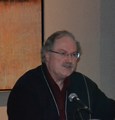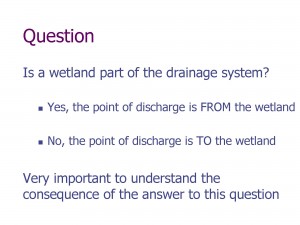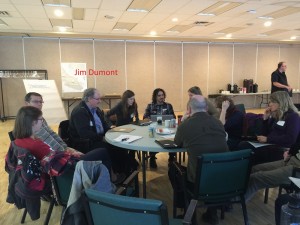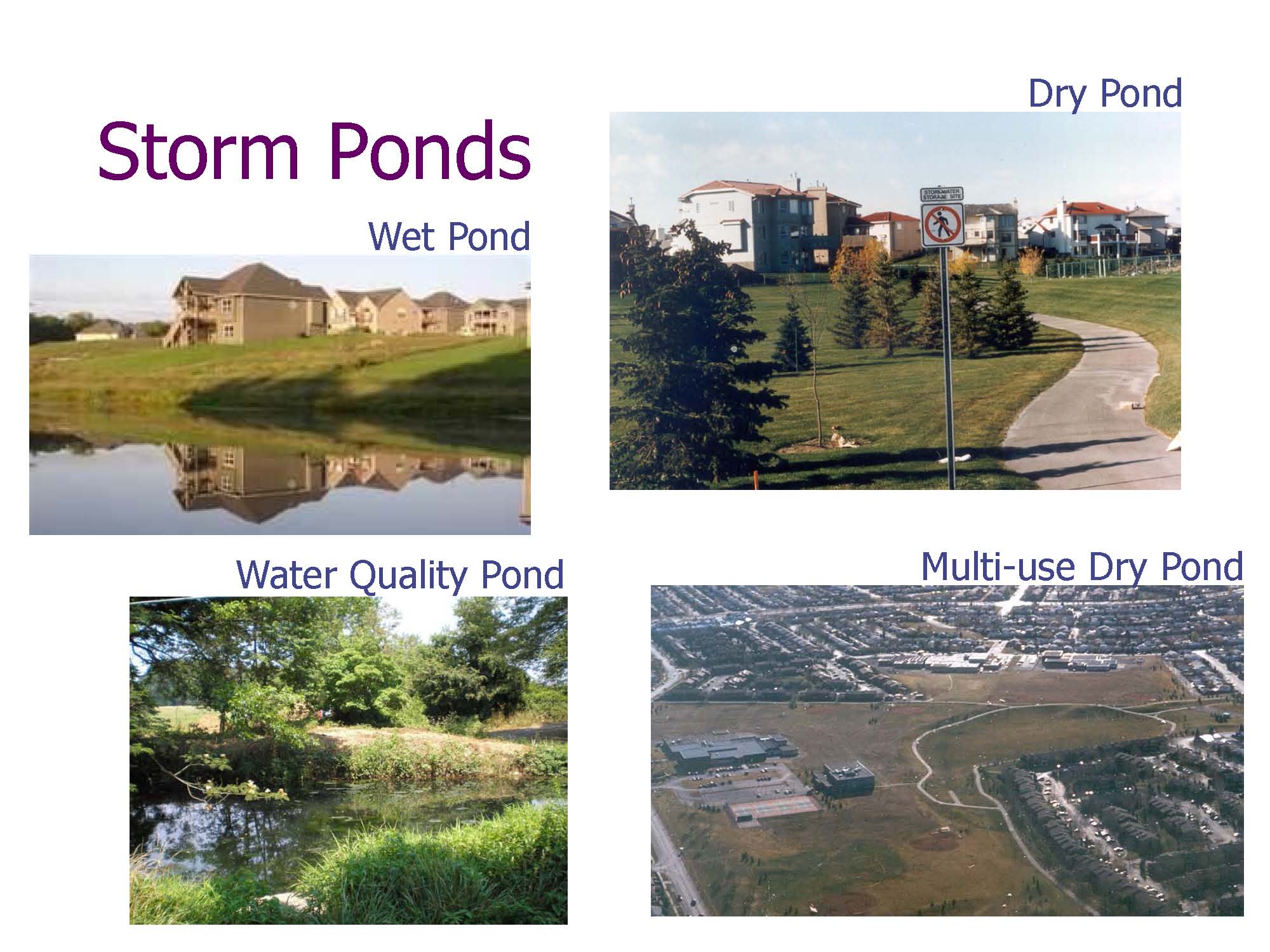Wetland Conservation on Eastern Vancouver Island: BC Wildlife Federation releases summary report on 2015 Nanaimo Workshop
Note to Reader:
On January 29th 2015, the Wetlands Education Team traveled to Nanaimo to host a workshop designed to bring together stakeholders involved with wetland conservation on Vancouver Island. The workshop offered a networking opportunity for participants to learn about projects their neighbors are working on to protect and conserve wetlands.
To download a copy of the report on the event, click on Wetland Conservation along Eastern Vancouver Island: A workshop for municipal and regional stakeholders.

Acknowledgment: Diane Kiss, BC Wildlife Federation. To read her article on the BCWF Bog Blog, click on http://bcwfbogblog.com/2015/01/30/wetland-conservation-in-eastern-vancouver-island-a-workshop-for-municipal-and-regional-stakeholders/
A Workshop for Regional and Municipal Stakeholders
“Along with building new connections, this workshop was designed with input from key stakeholders,” reports Diane Kiss, Workshop Coordinator and Wetland Intern with the BC Wildlife Federation’s Wetlands Education Program (WEP). “Last November, we spoke with municipal and regional staff and lead conservation groups about priorities and challenges they face regarding wetlands.”
 “From these conversations, we selected the following learning outcomes for the workshop to support local government and stakeholders: 1) municipal and regional tools and requirements for protecting wetlands, 2) storm water management and wetlands, and 3) prioritization of wetland assets and prioritization of restoration opportunities.”
“From these conversations, we selected the following learning outcomes for the workshop to support local government and stakeholders: 1) municipal and regional tools and requirements for protecting wetlands, 2) storm water management and wetlands, and 3) prioritization of wetland assets and prioritization of restoration opportunities.”
Protection of Wetlands: Engineers and Biologists Approach Problems Using Very Different Methods
“Biologists and engineers need to have a dialog that includes translation of key concepts and practices for the other profession. Often the technical words which  are used carry a different context to these very different professions,” stated Jim Dumont, a leading water resource and infrastructure specialist in BC.
are used carry a different context to these very different professions,” stated Jim Dumont, a leading water resource and infrastructure specialist in BC.
“A second area where we could develop better communication is in understanding the processes both professions apply. Engineers and biologists approach problems using very different methods.”
Fundamentally Different Approaches
“Engineers approach design using very specific methods which have been established to provide a uniform result for a wide range of projects. Biologists approach a problem by first defining the goals and objectives before establishing the methods to be used.”
“These are fundamentally different approaches and we need to bridge the approaches to achieve success when the two professions participate on a project. Engineers need to understand the objective driven performance standards applied by biologists which may result in very different needs for a range of projects.”
Create a Common Understanding
“Biologists need to understand the methodologies and criteria applied by engineers as a result of published and accepted design criteria. The result includes  engineering design to meet objectives that would be applicable in an urban setting but may not be appropriate in a natural setting.”
engineering design to meet objectives that would be applicable in an urban setting but may not be appropriate in a natural setting.”
“We need to create a common understanding that can be shared between the professions to achieve more consistent success on projects where both professions are involved,” concluded Jim Dumont.
To Learn More:
To read the complete article posted by Diane Kiss on the BCWF Bog Blog, click on Wetland Conservation along Eastern Vancouver Island: A workshop for municipal and regional stakeholders.
To download a PDF copy of the PowerPoint presentation by Jim Dumont, click on Stormwater and Wetlands: A Review for Non-Engineers and Engineers.


